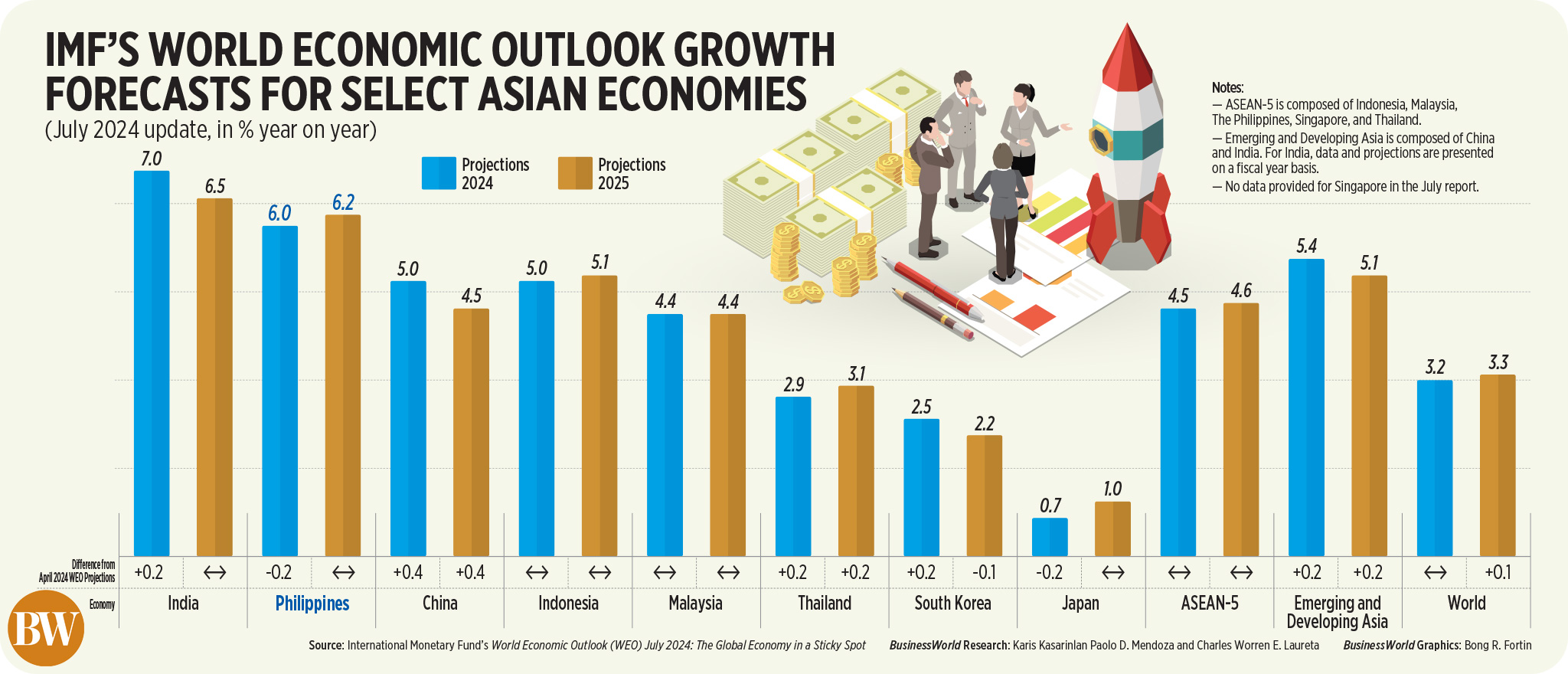The Department of Education (DepEd) officially launched the Quality Basic Education Development Plan (QBEDP) 2025–2035 on Tuesday, outlining a comprehensive decade-long strategy to reform the nation’s education system.
Education Secretary Sonny Angara highlighted that the blueprint centers on three primary reform drivers: decentralization, bolstered collaboration between public and private sectors, and embracing digital technologies. He noted that the plan was crafted based on a combination of statistical analysis and the insights of educators and students.
The QBEDP is structured around five core pillars: teachers, learners, governance, learning quality, and employability, each supported by specific targeted initiatives. A fundamental aspect of the plan is the push for decentralization, which seeks to transfer decision-making authority from central offices to local school administrators.
Secretary Angara stressed that providing schools with access to real-time data and autonomy in decision-making will foster greater accountability and agility. As part of this initiative, under Project BUKAS, 22 critical data sets—such as school performance indicators—will be made publicly available to promote transparency.
In addition, DepEd is committed to substantial investments in physical infrastructure and digital resources. This includes the construction of 40,000 new classrooms, the distribution of laptops for all teachers, and the establishment of nationwide internet connectivity. According to Angara, partnerships between the public and private sectors will play an essential role in accomplishing these ambitious targets.
Recommended For You

Philippines Faces Challenges in Reaching High-Income Status by 2040, Says Economic Chief
Aug 05, 2025
Sofia Lim

SSS Launches Historic Three-Year Pension Increase Program Starting September 2025
Aug 05, 2025
Katrina Mercado

New Zealand Government Reverses Offshore Oil and Gas Exploration Ban
Aug 05, 2025
Isabella Garcia

Tropical Cyclones Cause PHP 12.84 Billion in Damage Across Philippines
Aug 05, 2025
Isabella Garcia
